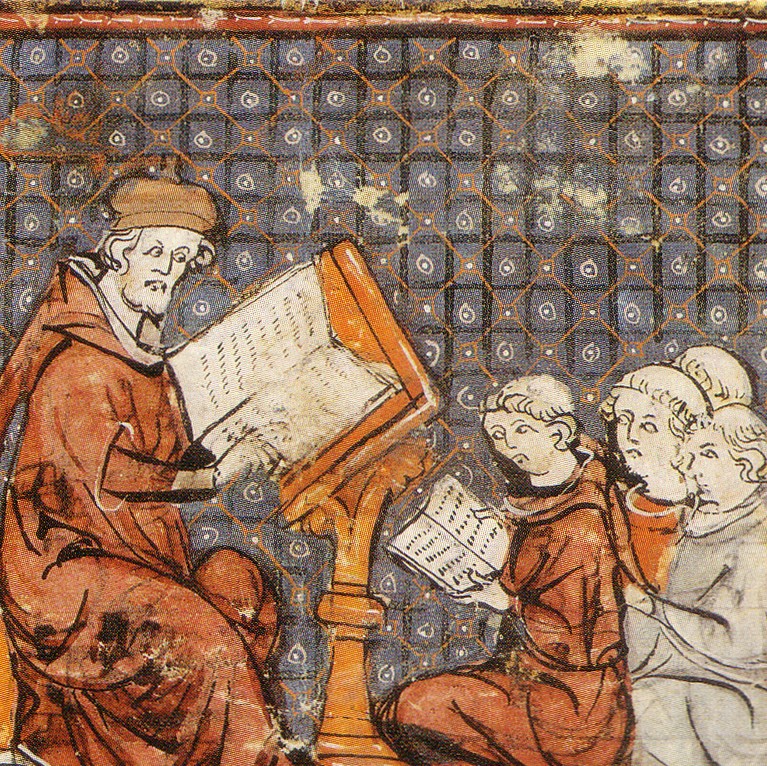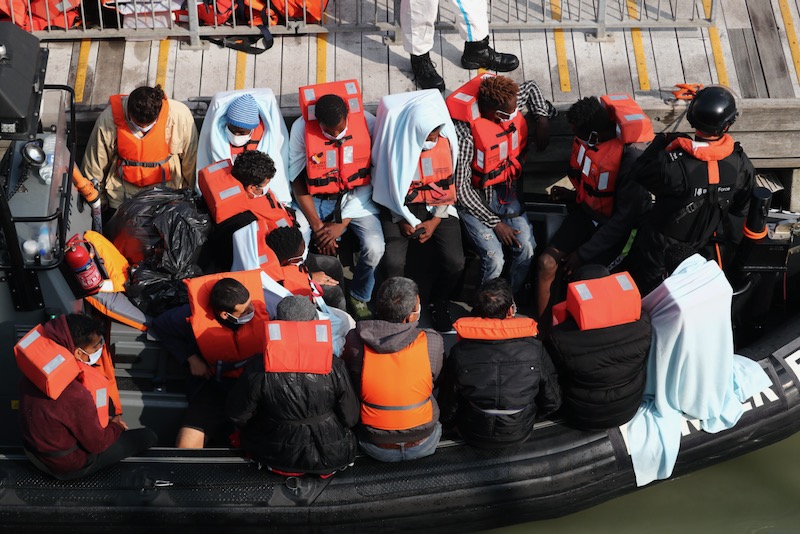“Pure, unspoilt religion, in the eyes of God our Father, is this: coming to the help of orphans and widows when they need it.”
Too often, governments fail to implement the spirit of this line from the Epistle of James when presented with an opportunity to do so.
The UK government certainly failed to live up to this calling with its handling of migrants who made the voyage across the Channel from France in small boats.
Of course, governments do not have to be guided by a Christian ethic. Indeed, separation of Church and State is a good and accepted position, one which was even backed by Jesus himself.
When the Pharisees tried to trick Jesus by asking if it was appropriate to pay taxes to Caesar, Jesus replied: “Give to Caesar what is Caesar’s, and to God what is God’s.”
However, we do have a right to expect that the UK government will be guided by Christian morality, given how often high profile MPs and Prime Ministers invoke their religiosity.
For example, former Prime Minister David Cameron once released a video message at Easter in which he said: “We should be proud to say, ‘This is a Christian country’. Across Britain, people just don’t talk about ‘loving thy neighbour’, they live it out.”
The same David Cameron, at the height of the migrant crisis in 2015, referred to the thousands of refugees risking their lives fleeing war torn countries as “a swarm of people coming across the Mediterranean”.
It is interesting that Cameron choose to refer to these refugees as ‘a swarm’. For this word, ‘swarm’, it denies the migrants their basic humanity and lessens the importance of their life. It implies that they are a plague intent on harming us, when in reality they are simply innocent people caught up in a situation that is none of their making.
Labelling thousands of desperate people fleeing uninhabitable, war torn countries as ‘a swarm’ certainly doesn’t count as living out the commandment to ‘love thy neighbour’.
When Cameron, the self-professed devout Christian, had the opportunity to practise “pure, unspoilt religion (by) coming to the help of orphans and widows when they need it”, his response was: “I don’t think there is an answer that can be achieved simply by taking more and more refugees.”
Cameron’s current counterpart, Boris Johnson, has also boasted about his Christian credentials in the past. He used a Christmas Day address to say that he “stand(s) with Christians everywhere, in solidarity, and will defend your right to practise your faith”.
He has been accused by human rights charities of scapegoating migrants who are risking their life to seek refuge in the UK, after he recently labelled these migrant crossings “very bad and stupid and dangerous and criminal”.
His Home Secretary, Priti Patel, recently took to Twitter to say that steps would be taken to make this crossing “unenviable”, adding: “When the British people say they want to take back control of our borders – this is exactly what they mean.”
The same government that told us Dominic Cummings is a loving father for breaking lockdown rules and driving his family while possibly blind is now telling us that we need to make it “unenviable” for a father to seek a better life for his family in the UK.
The public often feel uneasy at the idea of migration; a recent YouGov poll found that almost half of the UK public lacks sympathy for migrants crossing the Channel from France.
This lack of sympathy is despite the fact the Priti Patel reportedly told MPs that migrants are making this crossing because they fear “torture” at the hands of the French police, who are described by the charity ‘Care4Calais’ as “a law unto themselves”.
However, YouGov also found that almost half (46%) of the public feels that the UK has “done more than our fair share to accommodate refugees”. A further 19% think the UK has “done about our fair share to accommodate refugees”.
This painfully isn’t so. If we take Syria as an example, people will often ask: “Why can’t neighbouring countries take them in?”
Neighbouring countries do take them in, and in remarkable numbers. For example, 30% of Lebanon is now made up of Syrian refugees, while Syrian refugees account for 6.5% of Jordan’s population.
For some comparison, 0.08% of Northern Ireland’s population is made up of Syrian refugees. Despite this, graffiti reading “Syrians not welcome” was recently daubed on a wall in Northern Irish town of Portrush.
Indeed, the UK takes in fewer refugees than many other European countries. In 2015, the average EU country processed 260 asylum applications per 100,000 local population.
The UK processed just 60 per 100,000 local population.
While half of the UK public has little or no sympathy for migrants crossing the Channel, Pope Francis explicitly asks us to tend to these people.
In June of this year, he bestowed a new title unto Mary – “Comfort of Migrants”.
And when speaking to a General Audience in January, he compared St Paul’s journeys across the Mediterranean to those taken by migrants today in search of a better life.
He told the audience: “Today, the sea on which Paul and his companions were shipwrecked is, once again, a dangerous place for the lives of other sailors.
“All over the world migrant men and women face risky voyages to escape violence, to escape war, to escape poverty.”
Pope Francis reminded the audience that Paul faced similar problems to today’s migrants, noting that “many times they don't allow them (Paul and his companions) to dock in ports”.
But when Paul all those years ago and migrants in the here and now reach land, Pope Francis tells us they experience a “rare humanity” that is distinct from the violence and hardship of the waters.
If only the politicians who frequently remind us of their Christianity remembered, in the words of Pope Francis, that working together “to practice hospitality, especially towards those whose lives are most vulnerable… will make us better human beings, better disciples, and a more united Christian people”.



 Loading ...
Loading ...
What do you think?
You can post as a subscriber user ...
User comments (0)